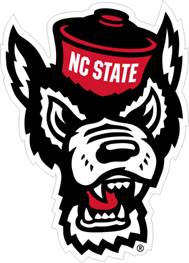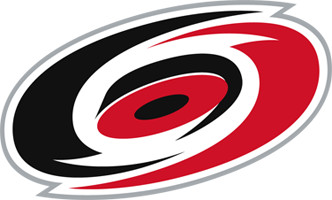Written by Dennis Meszler, MPT, SCS
I had another interaction with a client yesterday that made me re-visit the discussion of consistent year round play versus taking a break. She was a middle aged women who was a self described “competitive recreational tennis player.” In this case it meant she was currently active in six leagues, yes 6.
She was seeing me for a chronic hip issue. She has seen other PTs, a chiropractor and several doctors. Finally she had a muscular trigger point injection as well as a hip joint injection and that combination worked pretty well for her. She was seeing me now four months after those procedures stating that the problem seemed to slowly be coming back.
She readily admitted not doing the exercises she learned in PT and continuing to play as much as she could. As I got into the discussion of finding a time have an off-season she seemed almost confused and looked at me and said, “but isn’t taking a break going to be bad for my tennis skills?”
This gets to the point of our topic. Part of being a good athlete is skill in the chosen sport…of course. Another huge part of being good at a sport is availability. If you are injured and unavailable to play it doesn’t matter how good you are and you certainly can’t get any better. This is where finding a rest time comes in. It allows the necessary time for physical and mental recovery in order to allow our bodies to perform at there best. Professional athletes, teams and leagues know it and use long breaks to prepare for the next season. So why would the weekend warrior (or in this case, the everyday warrior) be any different. In fact, the rest may be more necessary for us because of other factors such as everyday work, age and fitness levels. Most people are not training their bodies to prepare for their sport. The sport is their training. Also, we are typically completing other daily tasks like sitting to much if we have a desk job or lifting, reaching and carrying too much if we have a more manual job that by themselves steal effectiveness and efficiency of movement quality.
So, she admitted she was not doing the exercises she learned in PT that would take away the bad effects of our day to day life, and she wasn’t taking an off-season to allow for proper recovery. This is a recipe for several visits to PT and/or chiropractors and/or doctors, which is exactly what happened to her. Yes, if you take an off-season you won’t be practicing the skills necessary for your sport, but you will be allowing the things to happen that need to happen in order for your body to continue doing the repetitive movements necessary for your sport.
We won’t get into the concepts of how you effectively use your off-season to not only heal but improve your movement quality and capacity in order to be a better athlete the next season. Also, we won’t get into how the mental and physical break may combine to automatically allow you to improve performance without practice. Those concepts are for another time, but I have personally seen many athletes go back after a break thinking that they will have “lost it” and within a few competitions we are talking about personal bests.
Don’t underestimate the need for an off-season!!
About the Author
Dennis Meszler, MPT, SCS- APC Cary
dmeszler@raleighortho.com
Dennis has 19 years of Physical Therapy experience in orthopedic settings. The last 6 years have been in a Sports Performance setting aimed at returning and maximizing athletic potential.
Education
- Bachelors Degree in Biology from University of Rochester in 1994
- Masters Degree in PT from University of Delaware 1997
- Sports Residency Program at University of Delaware 1997-1998
Sports Certified Specialist through the American Physical Therapy
Association in 2005 and re-certified in 2015.









